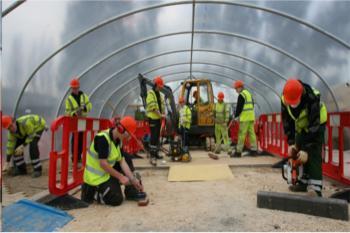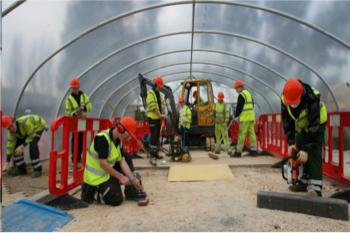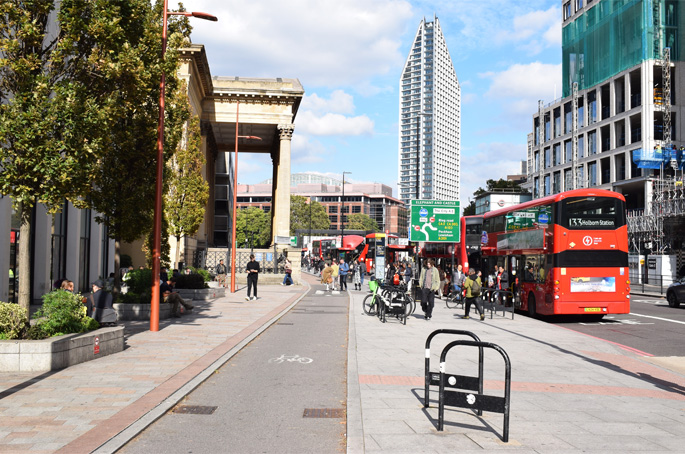A key body designed to boost apprenticeships in transport has called for reforms to the failing Apprenticeship Levy.
Transport has bucked a wider downwards trend in apprenticeships with a 22% increase in road and rail over 2017-18; however the Strategic Transport Apprenticeship Taskforce (STAT) - announced with much fanfare by government in 2016 - has still called for changes to the beleaguered levy.

Since the Apprenticeship Levy was launched apprenticeship numbers have actually fallen; only a fraction of the potential money has been claimed by firms and the scheme has been roundly criticised by industry.
The Institute for Apprenticeships (IfA) has also been accused of being slow to approve the employer-led trailblazer apprenticeships, which can be claimed against the levy.
In a foreword to its two year update report,
The report states that STAT ‘urges the IfA to continue to streamline and improve its approvals processes and communications with employers' and would ‘build a case for levy funds to be used to support initiatives that develop a pipeline of apprentices'.
Despite a fall in the total number of apprenticeships created more widely across the economy since the widely-criticised Apprenticeship Levy was introduced, since 2016 some 5,066 apprenticeships have been launched in road and rail.
The report states: ‘STAT is working closely with its supply chain to better understand the drivers and barriers to investing in the skills transport needs. For small (and sometimes medium sized) businesses in particular these include: lack of business confidence and/or a lack of staff able to support apprentices or to navigate recruitment processes.
‘This has given rise to a commitment to develop a shared apprenticeship scheme in transport. STAT has teamed up with a range of industry partners and through this group, will develop pilots for a shared or brokered apprenticeships model to facilitate take up in the supply chain below Tier 1.'
The proportion of women apprentice starts in roads and rail has remained static at 20%; however there were exceptions within the sector for example half of the apprentices recruited at HS2 were women.
Female technical and engineering apprentice starts have not progressed, holding at 10%, leaving STAT only halfway towards its initial ambition and ‘a clear need to do much better in subsequent years', the report said.
In contrast, BAME representation has increased, showing a proportional increase of 35% from where STAT was last year.
Highways approached the Department for Education for a response.
STAT was established in 2016 to deliver the Government's Transport Infrastructure Skills Strategy and its ambitions for 30,000 apprenticeships and improved diversity in transport.

































